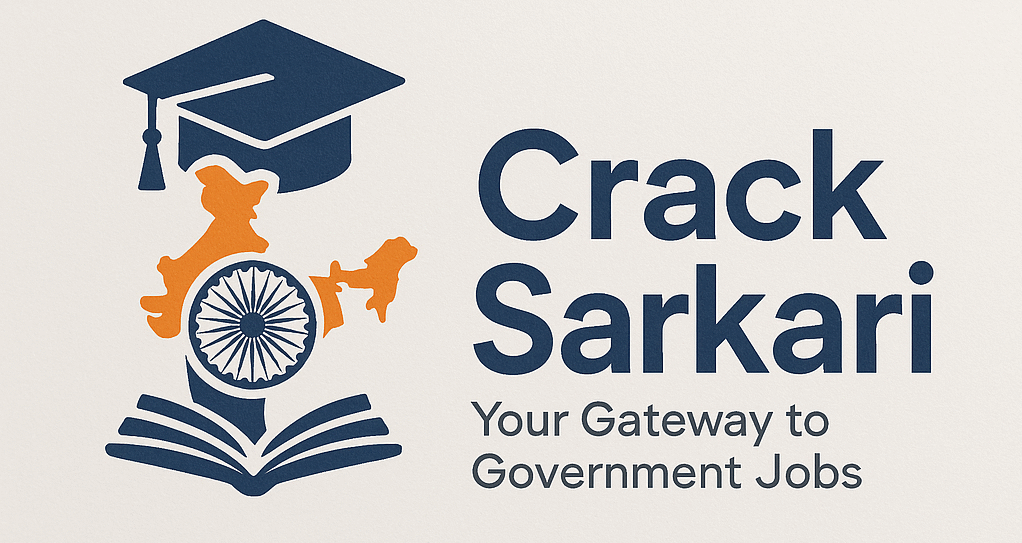On September 1, 2025, three important developments stand out for India: the fall of the rupee, a positive but risky monsoon forecast, and the revival of ties with Canada. These events matter not just for the economy and diplomacy but also for exam preparation, as they connect to UPSC and State PCS syllabus topics. Current Affairs September 1, 2025 for UPSC and PCS
1. Indian Rupee Hits Record Low
The Indian rupee slipped to ₹88.30 per U.S. dollar, its weakest point ever. This sharp decline was triggered mainly by new U.S. tariffs and heavy selling in Indian equity markets. Foreign investors pulled money out, creating pressure on the currency.
Government bond yields also rose, with the 10-year benchmark at 6.56%, reflecting market worries about fiscal stability. Ahead of the GST Council meeting, the government is considering a simpler two-tier GST system (5% and 18%). While such reform could improve efficiency, investors fear revenue shortfalls in the short term. Current Affairs September 1, 2025 for UPSC and PCS
Even though India recorded 7.8% GDP growth in Q1 FY26, experts warn growth may slow due to global uncertainties and tariff-related challenges.
2. IMD Predicts Above-Normal Rainfall in September
The India Meteorological Department (IMD) has forecast 109% of normal rainfall for September 2025, which is above the long-term average. This comes after a 5% surplus in August, bringing relief to many parts of India facing water stress.
For farmers, this forecast is a mixed blessing. While extra rains will help in recharging groundwater and supporting rain-fed agriculture, too much rain at the wrong time can damage crops. Late-stage kharif crops such as rice, pulses, soybean, maize, and cotton may face risks of waterlogging or delayed harvesting.
This situation highlights the dependence of Indian agriculture on the monsoon and the importance of climate-adaptive strategies like crop diversification, crop insurance, and early warning systems.
3. India–Canada Diplomatic Reset
After almost a year of strained ties, India and Canada have agreed to restore diplomatic relations. Both countries have appointed new high commissioners—Christopher Cooter from Canada will represent Ottawa in New Delhi, while Dinesh Patnaik will move from Spain to serve as India’s envoy to Canada.
The tension between the two nations started after political disagreements linked to separatist issues. This thaw signals a return to dialogue and cooperation. It also reflects India’s strategy of handling sensitive global issues with maturity while keeping long-term partnerships in mind.
Why These Updates Matter for Exams Current Affairs September 1, 2025 for UPSC and PCS
- Economic Relevance
- Currency depreciation links to international trade, foreign reserves, and fiscal policy.
- GST reforms are directly related to taxation and federalism, frequent topics in GS-II and GS-III papers.
- Agricultural & Environmental Importance
- Monsoon’s impact on agriculture is crucial for GS-I (Geography) and GS-III (Economy, Environment).
- Candidates can also connect this to issues of food security and climate change.
- International Relations
- India–Canada relations fall under GS-II (International Relations).
- The episode shows how nations balance domestic politics with foreign policy.
1. What caused the rupee to weaken on September 1, 2025?
The rupee fell due to new U.S. tariffs, foreign capital outflows, and uncertainty about India’s fiscal position, despite strong GDP growth in the previous quarter.
2. How will above-average monsoon rainfall affect farmers?
While extra rainfall can improve soil moisture and groundwater levels, excessive rain in September could harm rice, soybean, cotton, and other kharif crops during harvesting.
3. Why are India and Canada improving relations again?
After nearly 10 months of tension linked to political disputes, both countries decided to reset ties by appointing new high commissioners, signaling a return to cooperation and dialogue.
